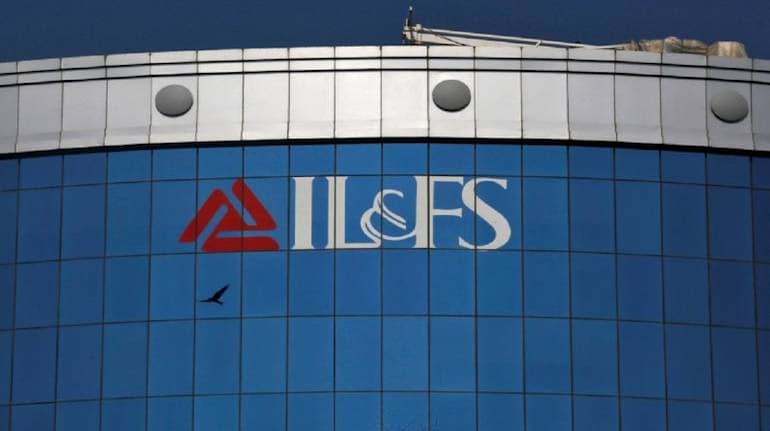



Following the IL&FS crisis, the government is looking into the practice of unlisted parent companies listing subsidiaries, Mint reported quoting a top government official.
IL&FS' subsidiaries IL&FS Transportation Networks (ITNL), IL&FS Engineering and Construction Co and IL&FS Investment Managers are all listed on stock exchanges but the parent itself is not.
This is an established practice in the corporate sector. The Corporate Affairs Ministry is evaluating whether holding companies that are major players in multiple sectors can remain unlisted.
This review may bring more transparency to the corporate system. "There is a need to see if keeping the holding company unlisted is the right way of organising a business. It is better if it is the other way around," the official cited above said.
The regulatory framework for independent directors, boards of directors, auditors and credit rating agencies will also be reviewed as a part of this exercise.
Unlisted companies are only mandated to disclose their annual financial statements, not quarterly ones. Getting unlisted holding companies listed would mean they would have to disclose information about themselves as well as their subsidiaries on a quarterly basis.
Another example of this is Tata Sons, which is not listed but has several subsidiary companies that are. Notably, most major Tata Group entities are publicly traded.
Experts believe this may not be the solution the government is looking for.
"It may be a good idea to increase the disclosure requirements of unlisted holding companies rather than denying the flexibility of keeping the parent unlisted altogether. It should be left to the business to decide," Pavan Kumar Vijay, Founder of advisory firm Corporate Professionals, told Mint.
The government has amped up examination and tightening of rules regarding subsidiaries and know your customer (KYC) requirements of directors and board members to make corporate structures of companies more transparent.
It aims to open up business ownership, investment routing and decision-making by companies' boards.
In June, the government made it mandatory for companies to keep a record of anyone who owns 10 percent beneficial interest in shares, and said the individuals must disclose the same to the companies.
Incomplete KYC requirements led to de-recognisation of close to 1.8 million director identification numbers (DINs) out of 3.3 million active ones by the ministry.
Discover the latest Business News, Sensex, and Nifty updates. Obtain Personal Finance insights, tax queries, and expert opinions on Moneycontrol or download the Moneycontrol App to stay updated!
Find the best of Al News in one place, specially curated for you every weekend.
Stay on top of the latest tech trends and biggest startup news.